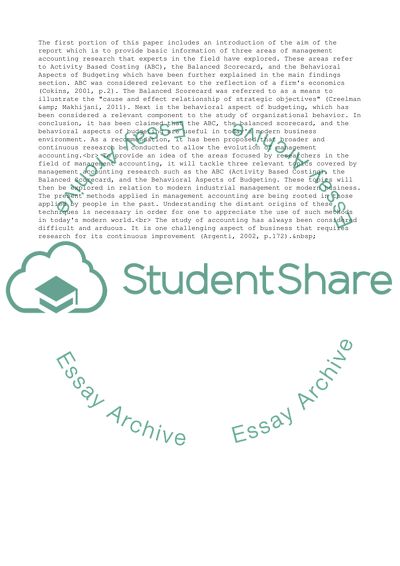Cite this document
(The Evolution of Management Accounting Term Paper, n.d.)
The Evolution of Management Accounting Term Paper. Retrieved from https://studentshare.org/management/1587822-contemporary-issues-in-management-accounting
The Evolution of Management Accounting Term Paper. Retrieved from https://studentshare.org/management/1587822-contemporary-issues-in-management-accounting
(The Evolution of Management Accounting Term Paper)
The Evolution of Management Accounting Term Paper. https://studentshare.org/management/1587822-contemporary-issues-in-management-accounting.
The Evolution of Management Accounting Term Paper. https://studentshare.org/management/1587822-contemporary-issues-in-management-accounting.
“The Evolution of Management Accounting Term Paper”, n.d. https://studentshare.org/management/1587822-contemporary-issues-in-management-accounting.


